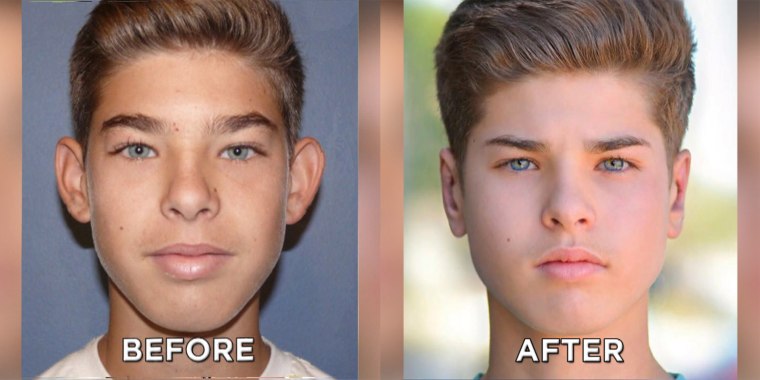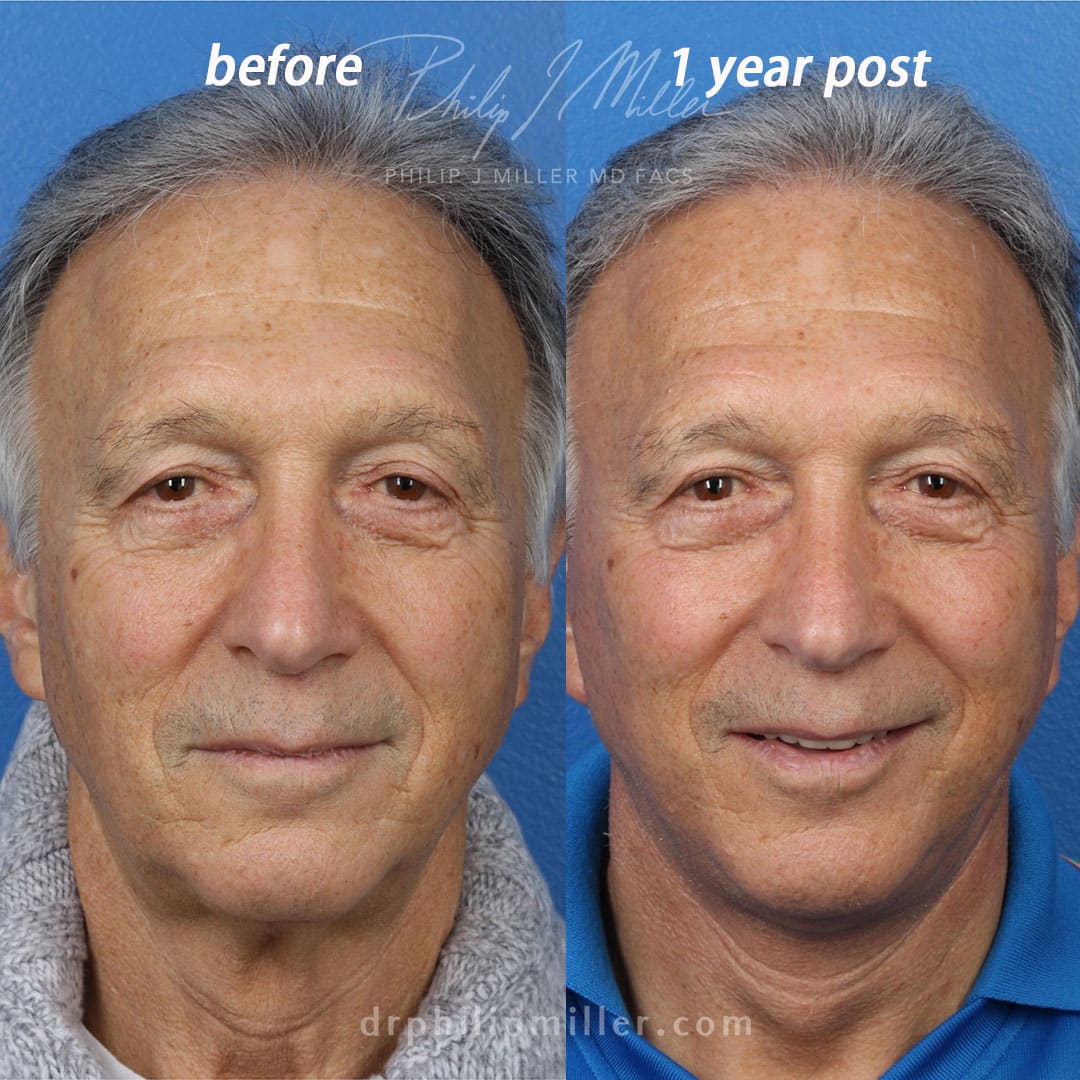Checking Out the Psychological and Social Elements That Drive Individuals to Consider Cosmetic Surgical Procedure as a Way of Renovation
The decision to go after cosmetic surgical treatment frequently extends beyond simple aesthetics, intertwining with mental and social characteristics that merit complete assessment. Elements such as self-worth, prevalent societal charm criteria, and the pervasive influence of social media converge to shape specific inspirations for medical improvement.
The Function of Self-worth
Self-confidence significantly affects an individual's choice to pursue cosmetic surgical treatment. Individuals with reduced self-esteem often regard themselves in an adverse light, leading to feelings of insufficiency regarding their physical appearance.

Ultimately, the function of self-esteem in the decision-making procedure concerning plastic surgery highlights the complicated interaction in between body image, personal satisfaction, and mental health and wellness. Understanding this relationship is critical for medical care experts to ensure that individuals are making educated decisions rooted in practical expectations and psychological health.
Social Appeal Criteria
Influenced by prevalent media portrayals and social narratives, social beauty requirements play an essential role fit people' assumptions of their very own bodies. These requirements are frequently characterized by an idealized type of elegance that stresses qualities such as balance, youthful vigor, and slimness. As these suitables are continued through different channels, consisting of television, film, and advertising, people often internalize these messages, resulting in dissatisfaction with their all-natural appearance.
The ramifications of these societal norms prolong beyond visual preferences; they can influence self-worth, mental health, and social relationships. Individuals that view themselves as dropping brief of these criteria may experience feelings of insufficiency, motivating a desire for plastic surgery as a means of achieving societal authorization. This pursuit is frequently fueled by the belief that adapting these ideals will certainly enhance not only physical look but also social standing and personal satisfaction.

Influence of Social Network
The influence of social elegance requirements is further amplified by the rise of social media sites systems, where curated photos and idyllic depictions of charm are common. Individuals are regularly subjected to filtered and edited photographs, which usually depict unattainable physical attributes. This exposure cultivates a society of comparison, leading individuals to examine their own look versus these typically impractical standards.
Social media site influencers and stars often promote aesthetic procedures, normalizing the concept that medical improvements are a sensible means for attaining social perfects (plastic surgery rancho cucamonga). The presence of these improvements can create an assumption learn this here now that undergoing plastic surgery is a typical method, therefore affecting individuals to consider similar treatments as a pathway to improved self-confidence and social acceptance
Additionally, the interactive nature of social media sites permits prompt feedback with sort and remarks, additionally strengthening the desire to comply with preferred charm standards. Such communications can worsen sensations of insufficiency and drive individuals towards plastic surgery as a means of obtaining recognition. Eventually, social media sites plays an essential role fit understandings of appeal, which dramatically affects the decision-making procedures bordering plastic surgery.

Social Point Of Views on Look
Throughout various societies, perceptions of appearance are deeply rooted in historic, social, and financial contexts, forming individuals' sights on charm and value. In lots of cultures, look acts as a considerable pen of identification, influencing social standing, specialist possibilities, and personal relationships. For instance, in some cultures, light skin is frequently related to wealth and benefit, while others may glorify darker complexion as symbols of stamina and authenticity.
In addition, standard elegance criteria are commonly bolstered with cultural narratives, media representations, and family influences, bring about differing perfects across different regions (plastic surgery rancho cucamonga). In Western cultures, the focus on youth and physical conditioning typically drives people toward aesthetic improvement, while in particular Eastern societies, even more subtle adjustments lined up with typical looks may be favored
Globalization and the expansion of digital media have additionally made complex these characteristics, creating a hybridization of appeal ideals that goes beyond geographical borders. As people increasingly browse these Full Article cultural narratives, the stress to satisfy particular look standards can bring about the wish for plastic surgery, mirroring a complex interplay of social worths and individual ambitions. Recognizing these cultural viewpoints is important in attending to the inspirations behind cosmetic surgery factors to consider.
Mental Impacts of Aesthetic Surgical Procedure
Numerous people looking for cosmetic surgical procedure report experiencing extensive emotional influences that can considerably change their self-perception and psychological wellness - plastic surgery rancho cucamonga. The wish for physical improvement often stems from underlying concerns such as low self-confidence, go to this website body dysmorphic problem, or societal pressures concerning appeal standards. For some, the immediate post-operative stage can lead to a temporary increase in positive self-image and contentment with their appearance, fostering a feeling of empowerment
However, these positive sensations may not be enduring. Study indicates that while some clients experience boosted self-esteem, others may encounter heightened stress and anxiety or depression if their expectations are not satisfied. This discrepancy can arise from impractical suitables bolstered by media representation and cultural narratives bordering charm.
Moreover, the emotional ramifications of cosmetic surgical treatment prolong beyond the person. Relationships with family and friends might be strained as social dynamics change, causing feelings of isolation or alienation. Eventually, the psychological impacts of cosmetic surgical procedure are complicated and diverse, calling for careful factor to consider by both potential patients and doctor to make sure enlightened decision-making and practical expectations.
Verdict
To conclude, the decision to seek cosmetic surgical procedure is dramatically influenced by a combination of self-esteem concerns, societal beauty standards, and cultural viewpoints on appearance. The pervasive reach of social media sites even more aggravates these stress, promoting impractical suitables that individuals frequently aim to attain. Comprehending these social and psychological aspects is vital for attending to the motivations behind cosmetic surgical treatment, highlighting the demand for an extra nuanced conversation bordering beauty and self-acceptance in modern society.
The choice to go after cosmetic surgery usually expands beyond simple looks, intertwining with emotional and social characteristics that warrant complete evaluation. Eventually, social media plays a critical role in shaping perceptions of elegance, which substantially affects the decision-making processes surrounding cosmetic surgical procedure.
As people increasingly browse these cultural stories, the pressure to adjust to particular look requirements can lead to the wish for cosmetic surgical treatment, mirroring a complicated interaction of personal desires and cultural worths.In conclusion, the decision to go after cosmetic surgical treatment is considerably affected by a mix of self-esteem issues, social appeal standards, and social viewpoints on appearance. Understanding these mental and social factors is crucial for resolving the inspirations behind cosmetic surgical procedure, highlighting the demand for a more nuanced conversation surrounding charm and self-acceptance in contemporary society.